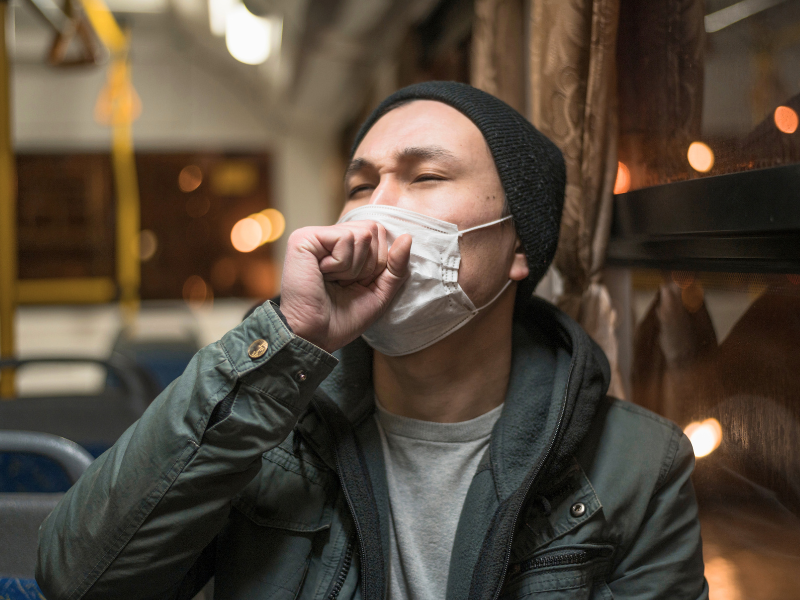Wildfire Season Resources and Information
Staying Healthy During Oregon's Wildfire Season
Every summer and fall, wildfires can start anywhere in Oregon. Even if the fire isn’t close, the smoke can travel far and make the air unhealthy to breathe. Breathing in smoky air can hurt your lungs, heart, and overall health.
At Neighborhood Health Center, we care about keeping you and your family healthy all year long. This page shares simple tips to help you stay safe and protect your health during wildfire season.
Emergency Resources
State of Oregon Fires Dashboard
Fire & Smoke Map
Washington County Emergency Management
Clackamas County Emergency Management
Marion County Emergency Management
Multnomah County Emergency Management
How Wildfire Smoke Affects Your Health
Wildfire smoke has tiny particles that can get deep into your lungs. Breathing it in can cause:
-
Coughing or sore throat
-
Stuffy or runny nose
-
Burning or watery eyes
-
Chest pain or tightness
-
Trouble breathing
-
Tiredness or headaches
-
Heart problems
Who Is Most at Risk
Some people get sick more easily from wildfire smoke, including:
-
Children: Their lungs are still growing.
-
Older adults (65+): They may have weaker immune systems.
-
People with asthma, COPD, or heart disease: Smoke can make their symptoms worse.
-
Pregnant women: Smoke can affect both the mom and the baby.
Signs That Require Medical Attention
Call or visit urgent care if you're experiencing:
-
Coughing that won’t stop
-
Chest tightness or pain
-
Trouble breathing or wheezing
-
Feeling very tired or dizzy
Call 911 if you have:
-
Severe trouble breathing
-
Chest pain that won’t go away
-
Fast or irregular heartbeat
-
Fainting or confusion
Protecting Yourself and Your Family

When Air Quality Is Poor
-
Stay inside and keep doors and windows closed
-
Use an air purifier if you have one
-
Set your air conditioner to recirculate indoor air
-
Avoid outdoor activities like running, biking, or yard work
-
If you must go outside, wear a snug-fitting N95 or KN95 mask

Make a Clean Air Room at Home
Choose one room for your family to stay in when smoke levels are high.
-
Close windows and doors
-
Use an air purifier if you have one
-
Set fans or AC to recirculate, not pull in outside air
-
Avoid creating more smoke indoors, such as:
-
Smoking
-
Burning candles
-
Frying food
-
Vacuuming (unless your vacuum has a HEPA filter)
-
Is Your Clinic Open? Check Here First.
Wildfire smoke, winter storms, and other emergencies can impact clinic hours. Look here for the latest updates before heading to your appointment.
Check the Air Quality Index (AQI) Every Day
The Air Quality Index (AQI) shows how clean or smoky the air is. You can check it by visiting AirNow.gov or the Oregon DEQ Air Quality Map. But what do the colors and numbers mean?
| AQI | Color | Meaning |
| 0-50 | Green | Good – Safe for everyone |
| 51-100 | Yellow | Moderate – Sensitive people should limit outdoor time |
| 101-150 | Orange | Unhealthy for sensitive groups |
| 151-200 | Red | Unhealthy – Everyone limits outdoor time |
| 201-300 | Purple | Very unhealthy – Stay indoors |
| 301+ | Maroon | Hazardous – Stay indoors |
Local Resources
- Oregon Health Authority: Prepare for a Wildfire
- Oregon DEQ Air Quality Information
- Oregon Wildfire Response & Recovery
- Dial 511 or visit TripCheck.com for road conditions
- Sign up for emergency alerts